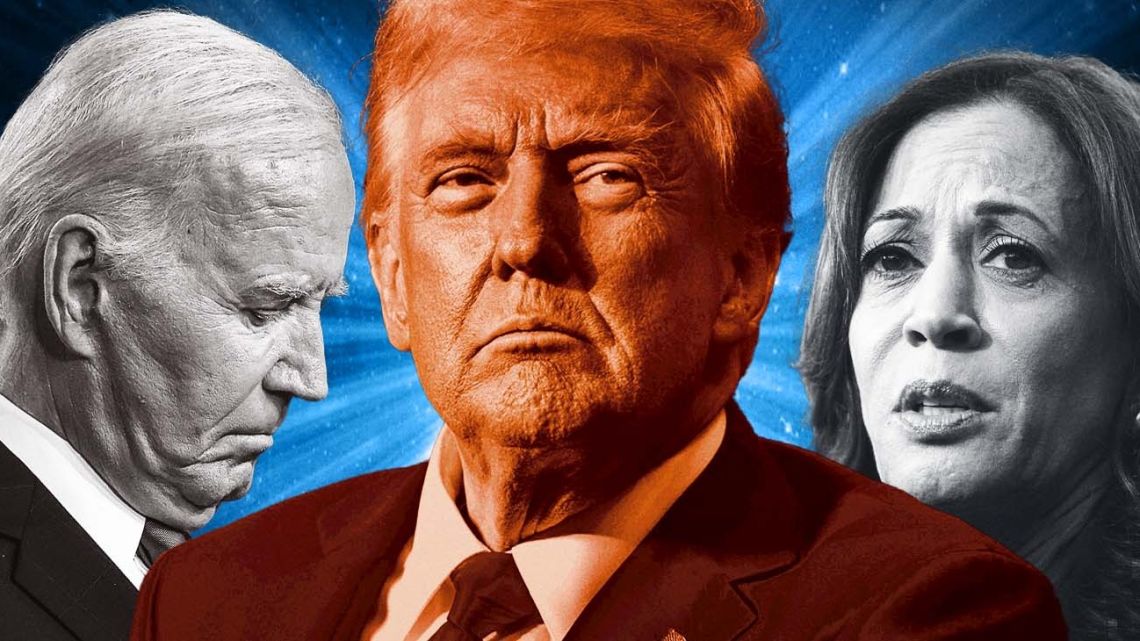The oil market experienced a notable shift on Thursday, November 7, 2024. Crude prices climbed nearly 1% as investors processed the implications of Donald Trump’s recent election victory.
The weakening dollar and the Federal Reserve’s decision to cut interest rates further influenced the commodity’s performance.
Brent crude, the global oil benchmark, saw its January 2025 contracts close at $75.63 per barrel. This marked a 0.94% increase on the Intercontinental Exchange in London.
Similarly, West Texas Intermediate (WTI) crude for December delivery rose by 0.93% to $72.36 per barrel on the New York Mercantile Exchange.
Several factors contributed to this upward movement in oil prices. The approaching Hurricane Rafael, which began as a tropical storm in the Caribbean earlier this week, played a significant role.
 Oil Prices Rise as Hurricane Rafael Approaches and Dollar Weakens Post-Trump Election. (Photo Internet reproduction)
Oil Prices Rise as Hurricane Rafael Approaches and Dollar Weakens Post-Trump Election. (Photo Internet reproduction)The storm’s impact led to the shutdown of about 17% of crude oil production in the Gulf of Mexico, equivalent to 304,418 barrels per day.
Market Dynamics
The Federal Reserve‘s decision to cut interest rates also influenced the market. The central bank reduced rates by 25 basis points, bringing the target range to 4.50%-4.75%.
This move typically stimulates economic activity and energy demand, supporting oil prices. Investors continued to assess the potential consequences of Donald Trump’s election victory.
The return of a Republican administration could lead to stricter enforcement of U.S. sanctions against Iran, a member of OPEC. Such actions might support global crude oil prices by limiting Iranian oil exports.
However, Trump’s policies could also pressure the Chinese economy, potentially weakening oil demand from the world’s largest importer. This factor adds a layer of complexity to the market outlook.
The dollar’s value fluctuations following the election results also impacted commodity prices. The oil market remains sensitive to geopolitical events and economic policy changes.
In short, as these factors continue to evolve, they will likely shape the trajectory of crude prices in the coming months.
Market participants will closely monitor these developments to gauge their potential impact on global oil supply and demand dynamics.

 By The Rio Times | Created at 2024-11-07 21:39:16 | Updated at 2024-11-08 01:12:46
3 hours ago
By The Rio Times | Created at 2024-11-07 21:39:16 | Updated at 2024-11-08 01:12:46
3 hours ago




/cdn.vox-cdn.com/uploads/chorus_asset/file/25709978/Credit__Luis_Yan_ez___ED_DSC00150.jpg)



